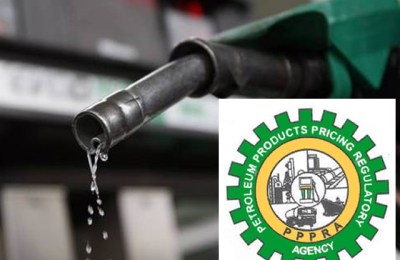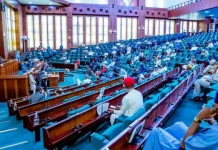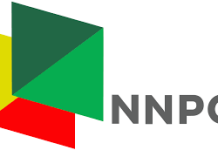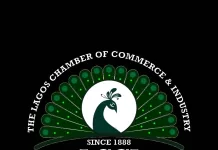
The Petroleum Products Pricing Regulatory Agency (PPPRA), has partnered with the Central Bank of Nigeria (CBN) to make foreign exchange accessible to private oil marketing companies.
This is according to the agency is for companies seeking to import Premium Motor Spirit (PMS), also known as petrol, and other petroleum products into the country.
According to the Executive Secretary of the PPPRA, Mr. Abdulkadir Saidu, the engagement with the CBN was aimed at determining the applicable Foreign Exchange rates for the importation of petroleum products and modality for accessing the applicable Foreign Exchange window by the Marketers.
“This rate is reflected in the pricing template to determine the expected open market price of the product. This means that going forward, the guiding price to be advised, will be determined based on the rates quoted by CBN.
“The price is expected to guide the sale of PMS in Nigeria. In fact, we plan to extend the same pricing mechanism to Aviation Turbine Kerosene (ATK), Automotive Gasoline Oil (AGO), among others. The whole essence of the price band is to ensure price efficiency that is beneficial to both the consumers and oil marketers.
READ ALSO: Low Oil Prices: Nigeria risks production shutdown, fiscal crisis – Experts
“The Nation’s refineries are required to key into the new pricing regime just like all other operators both private and public. The new regime will open up the Oil and Gas Sector for more private players and investments in refineries, storage facilities and transportation.
“At the end of the day we expect to see more private players operating in the industry. The liberalization of the entire industry will make it possible for private investors to recoup their investments, leading to a more vibrant downstream sector.
“However, in order for the nation’s refineries to continue producing fuels, the authorities in charge of the refineries need to fix the refineries and ensure they come back on stream at optimal level. We believe the upcoming Dangote Refinery and other modular refinery projects nationwide will be able to key into the new pricing regime.”
Saidu explained that he decision of the Federal Government to adopt the current PMS pricing regime was borne of the need to conserve scarce resources and the pressure the collapsing prices of crude oil in the international market brought on the revenue of the government.
He said, “Furthermore, the plunge in global crude prices made it increasingly difficult for Government to finance the 2020 National budget as it was predicated on a crude price of $57 per barrel. The low crude oil prices, therefore, presented the opportunity to address the lingering challenges associated with the Under/Over-Recovery regime and free up vital funds required to develop in other key sectors of the economy.
“Additionally, the new initiative is expected to stimulate private investment and growth in the downstream sector and encourage the resumption of products importation by Oil Marketing Companies, translating to more job creation as many depots and facilities that were dormant would now become active.”
The PPPRA chief executive added that: “What we have in place is a market reflective pricing system. Petroleum products prices will be adjusted in line with market realities and the result is what we see presently with prices on the downward slide. Accordingly, price will naturally be adjusted to reflect a true picture of market fundamentals at any particular period (high or low).
“The liberalized pricing regime will ensure a competitive and more efficient PMS market that guarantees reasonable returns to operators and ensure consumers pay appropriate prices in line with market reality and ensure they are not over-charged.”






